Construction safety staff will be among the attendees of the 2021 BC First Responder Mental Health Speaker Series conference, which is taking place in webinar format until the middle of March.
“A safety officer will encounter incidents that are anywhere from just a Band-Aid to a fatality, in addition to site non-compliance, human rights issues such as violence or bullying harassment,” said Cori Coutts, a National Construction Safety Officer who is health, safety and environment/human resources manager at Knappett Projects Inc. in Victoria.
“A fatality will have lasting effects on a safety officer’s mental health and can lead to serious health issues such as PTSD.”
In 2019, WorkSafeBC received 33 construction work-related death claims.
The First Responder Mental Health Speaker Series is focused on developing the knowledge and skills of first responder leaders so they can promote positive mental health in their organizations.
Six different 90-minute sessions on Zoom are addressing different aspects of mental health as it affects first responders.
The format of the free webinar series allows registrants to choose to attend as many or as few sessions as they want, with two already complete. There are 20 speakers, most of whom are from B.C., but also Ontario and Manitoba.
Alyson Kennedy, a client services manager in the mental health claims unit at WorkSafeBC, is speaking at Session 3, which is entitled Returning to work from a psychological injury: Challenges and recommendations and takes place Feb. 11.
Kennedy is on a panel that will discuss “the challenges, lessons, and strategies for leading a successful transition and reintegration back to work after a mental health injury.”
“We try to keep injured workers at their jobs while they’re recovering,” she said. “Staying at work is important. It enables workers to keep up their connections with their workplace colleagues and it improves their chances of a full recovery.”
Also on the panel is Captain Steve Farina, vice-president of the BC Professional Fire Fighter Association, and chairman of the association’s health and safety committee and its mental health task force.
“We always hear the term ‘PTSD’ when it comes to mental health injuries and first responders, but actually we see more depression, anxiety and sleep disorders,” said Farina. “Not to say that many first responders have not been challenged by many of the symptoms of PTSD, but the majority do not end up with the full diagnosis.”
The moderator of each session is Trudi Rondou, WorkSafeBC senior manager of prevention, programs and performance, and chairwoman of the BC First Responders Mental Health Committee, which is sponsoring the conference.
“The first BC First Responder Mental Health conference took place in 2019 at the Richmond Sheraton,” said Rondou. “It was a great success. We sold out at 350 attendees. But this year we switched to online because of the pandemic.”
Most of the registrants are from the Lower Mainland, although some are from other parts of Canada, the U.S. and the U.K.
The committee was formed in 2015 because of the increasing number of WorkSafeBC first responder claims.
“First responder leaders were asking what could be done to help,” said Rondou.
First responders experience traumas and stressors on the job that are unlike those in most other occupations.
“It’s not surprising that recent research has shown that these workers are at higher risk of mental health injuries,” she said.
For more information on the conference click here.
A list of the remaining sessions
- Returning to work from a psychological injury: Challenges and recommendations. (Feb.11)
- Silent struggles: A look at stigma and co-morbidities in the first responder community. (Feb. 18)
- In this together: Family resilience and first responder mental health. (March 4)
- Having the “conversation”: Promoting mental health through diversity and inclusion. (March 11)
*Each session begins at 9:30 a.m. and runs until 11 a.m.


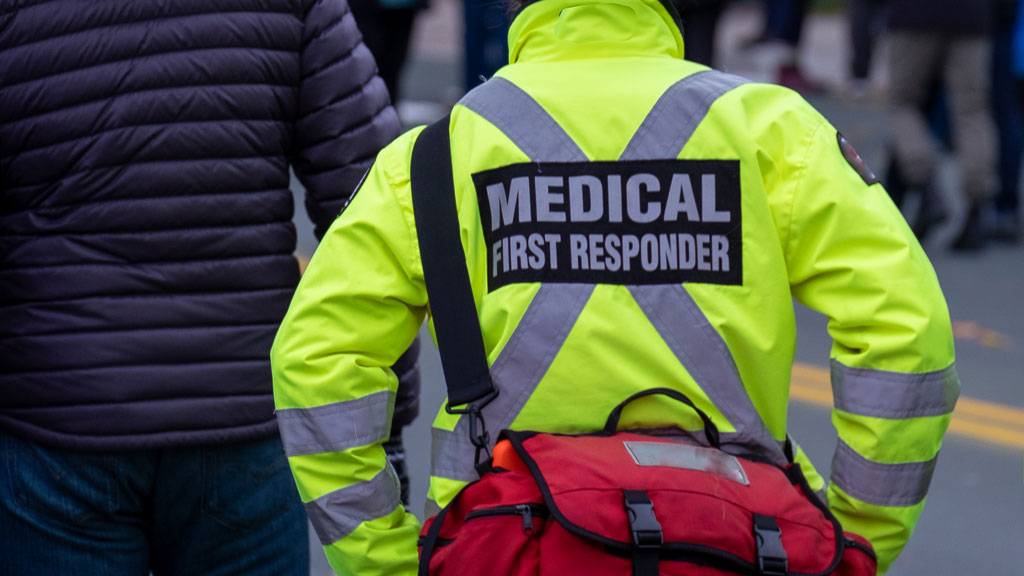
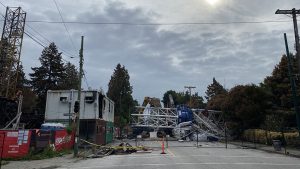
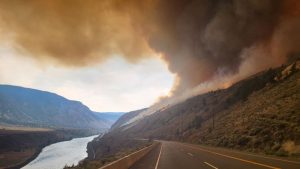
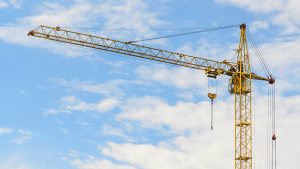
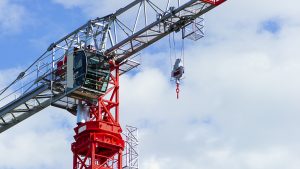

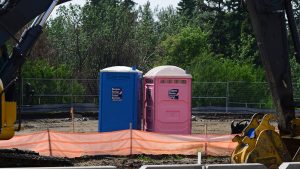
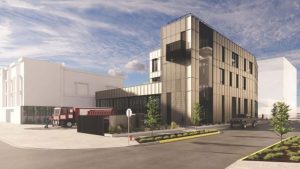

Recent Comments
comments for this post are closed